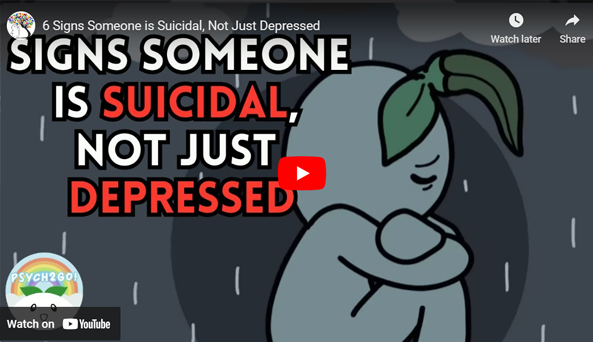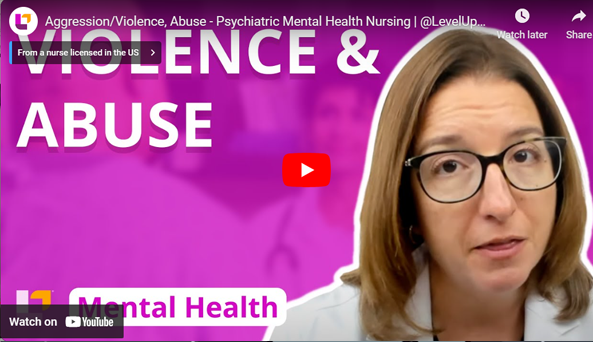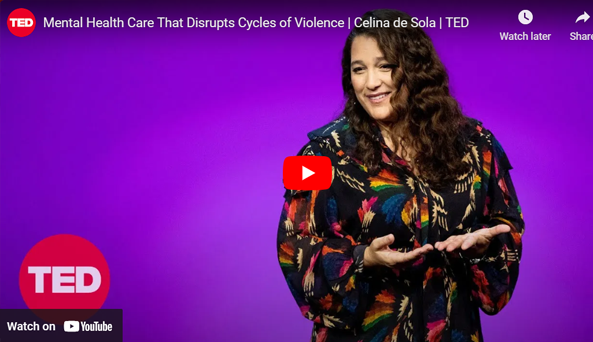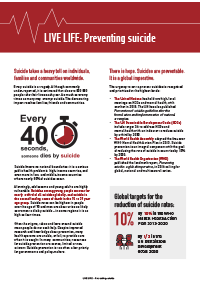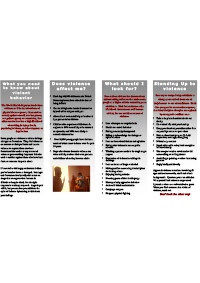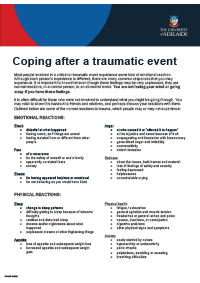Mental Health
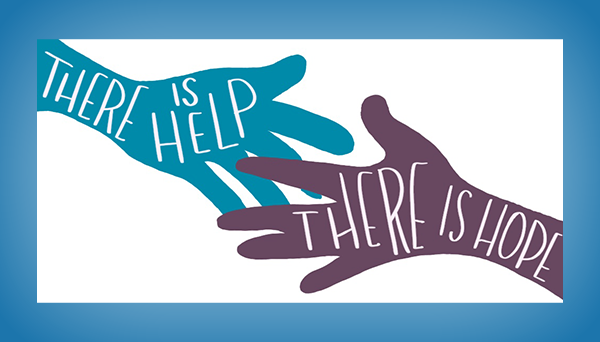
Mental Health
Living in today’s world can often feel like navigating through a landscape marked by violence and turmoil. The prevalence of conflict, both physical and psychological, can take a toll on individuals, pushing some to the brink of despair and suicidal thoughts. It’s crucial for us to recognize the signs of distress and understand the importance of mental health awareness in identifying warning signs of violence and suicide.
In our interconnected society, where news of tragedies and injustices can reach us instantly, the impact of such events on mental well-being cannot be overstated. Many individuals may struggle silently with their emotions, feeling overwhelmed by the weight of the world’s problems and the challenges they face in their personal lives. This internal turmoil can manifest in various ways, from withdrawal and isolation to outbursts of anger and aggression.
Ultimately, by being aware of the warning signs of violence and suicide and actively supporting those in need, we can contribute to a safer and more compassionate world for everyone. See the signs for both below.
Warning signs of Violence
- Aggression: Persistent feelings of anger, hostility, and irritability, along with a tendency to react aggressively to perceived threats or provocations, can increase the risk of violent behavior.
- Impulsivity: Acting without considering the consequences, making rash decisions, and having difficulty controlling impulses can lead to impulsive and potentially harmful actions.
- Poor impulse control: Difficulty managing impulses, such as the urge to lash out physically or verbally when upset or frustrated, can contribute to violent behavior.
- Low empathy: Lack of empathy or the ability to understand and share the feelings of others can lead to a disregard for the well-being and rights of others, increasing the likelihood of engaging in violent acts.
- Hostility: Hostile attitudes and beliefs, along with a general mistrust of others, can contribute to a higher likelihood of engaging in violent behavior.
- Substance abuse: Substance misuse or addiction can impair judgment, lower inhibitions, and contribute to impulsive and violent behavior.
- Poor coping skills: Inability to cope effectively with stress, frustration, or conflicts can lead to maladaptive coping mechanisms, such as aggression or violence, as a way to manage difficult emotions.
It’s important to note that while these traits and behaviors can increase the risk of violence and negatively impact mental health, not everyone who exhibits these traits will engage in violent behavior. Early intervention, appropriate mental health support, and effective coping strategies can help mitigate these risks and promote healthier outcomes.
Warning signs of Suicide
- Talking about suicide: Expressing thoughts or feelings about wanting to die, end their life, or feeling hopeless and trapped.
- Seeking means or access to lethal methods: Looking for ways to access firearms, medications, or other means to harm oneself.
- Withdrawing from activities: Losing interest in activities they used to enjoy, withdrawing from social interactions, and isolating themselves from friends and family.
- Changes in mood: Sudden changes in mood, such as persistent sadness, irritability, anxiety, or mood swings.
- Expressing hopelessness or worthlessness: Feeling like life has no purpose or value, expressing feelings of worthlessness or being a burden to others.
- Increased substance use: Using alcohol or drugs more frequently or in larger amounts as a way to cope with emotional distress.
- Changes in behavior or appearance: Significant changes in behavior, such as reckless behavior, agitation, insomnia, or neglecting personal hygiene and appearance.
- Giving away belongings: Making preparations, such as giving away prized possessions or making arrangements for pets or belongings, as if preparing for their death.
- Talking about feeling trapped: Feeling trapped in a situation or experiencing overwhelming emotional pain with no way out.
It’s important to take any mention or indication of suicide seriously and to seek immediate help if you or someone you know is experiencing suicidal thoughts or behaviors. Contacting a mental health professional, counselor, therapist, or suicide prevention hotline can provide immediate support and guidance on how to intervene and access appropriate resources for help.
On-Demand Session
Dealing with Change
This presentation examines how change impacts a person and how everyone responds a little differently. It explores the psychology of how a person is affected by change and how to make the most out of change whether or not the change is desired.
Presenter: Anna Mushalansky

Anna is a Licensed Mental Health Counselor and has been in the psychology field for over 6 years. She received her Bachelor’s degree in Psychology at USF and her Master’s degree in Mental Health Counseling at NSU. Her passion has always been directed towards the helping field, to help guide others to life their life with confidence in themselves and in their decisions. While working through trauma, obstacles, stress, and getting comfortable with being uncomfortable to achieve their full potential.
Anna has worked with different populations from school age as a former school therapist, to adults and adolescents in family and marriage counseling. No matter the age, gender, or stage in life, all experience unforeseen or expected stress. Anna is honored to be a part of Wishing Well Works and providing tools, life skills and education in how to manage, and come out thriving from these
uncomfortable experiences. Anna looks forward to connecting with and helping those in her classes.
On-Demand Videos
6 Signs Someone is Suicidal,
Not Just Depressed
Aggression/Violence, Abuse –
Psychiatric Mental Health Nursing
Mental Health Care That Disrupts Cycles of Violence

